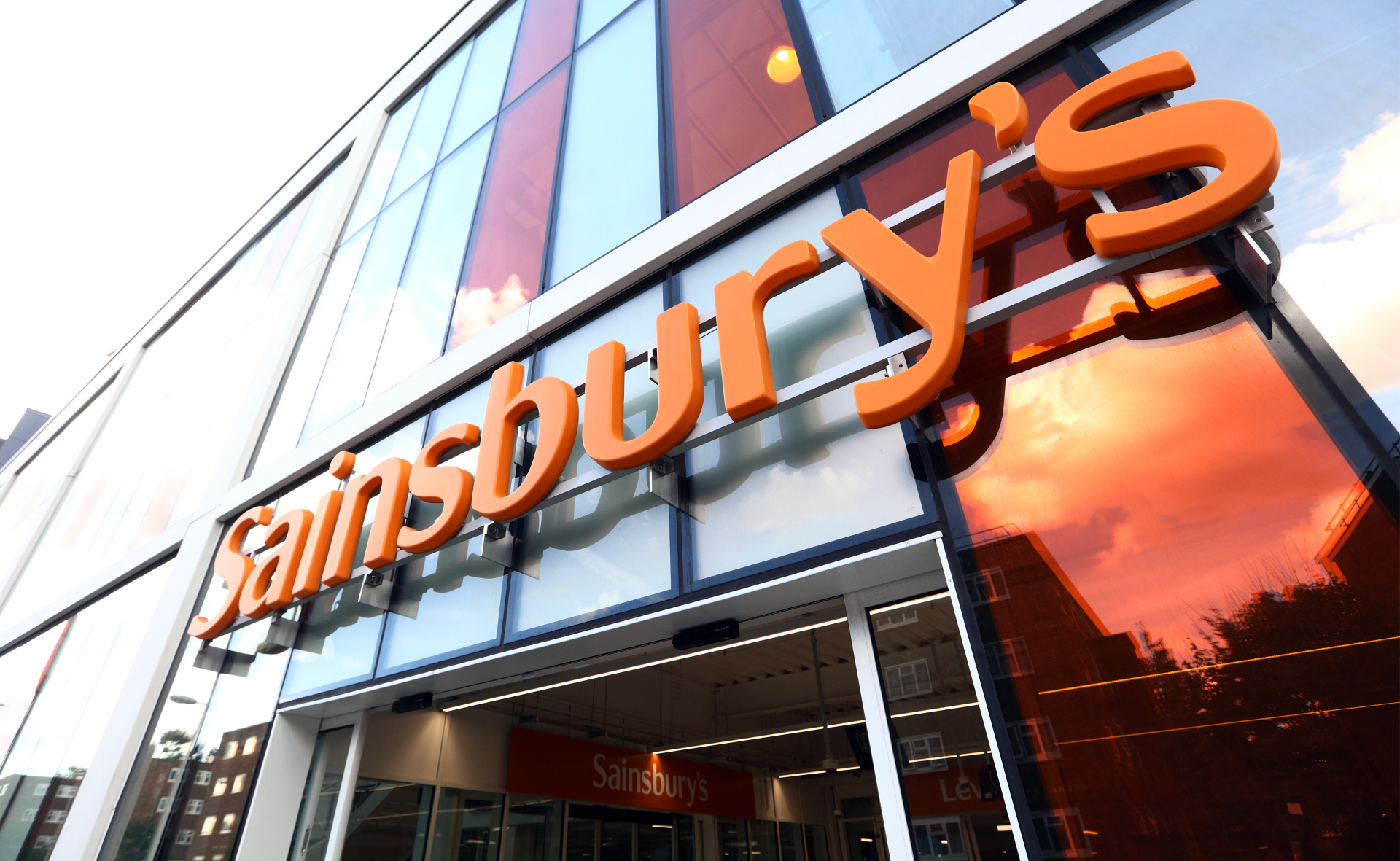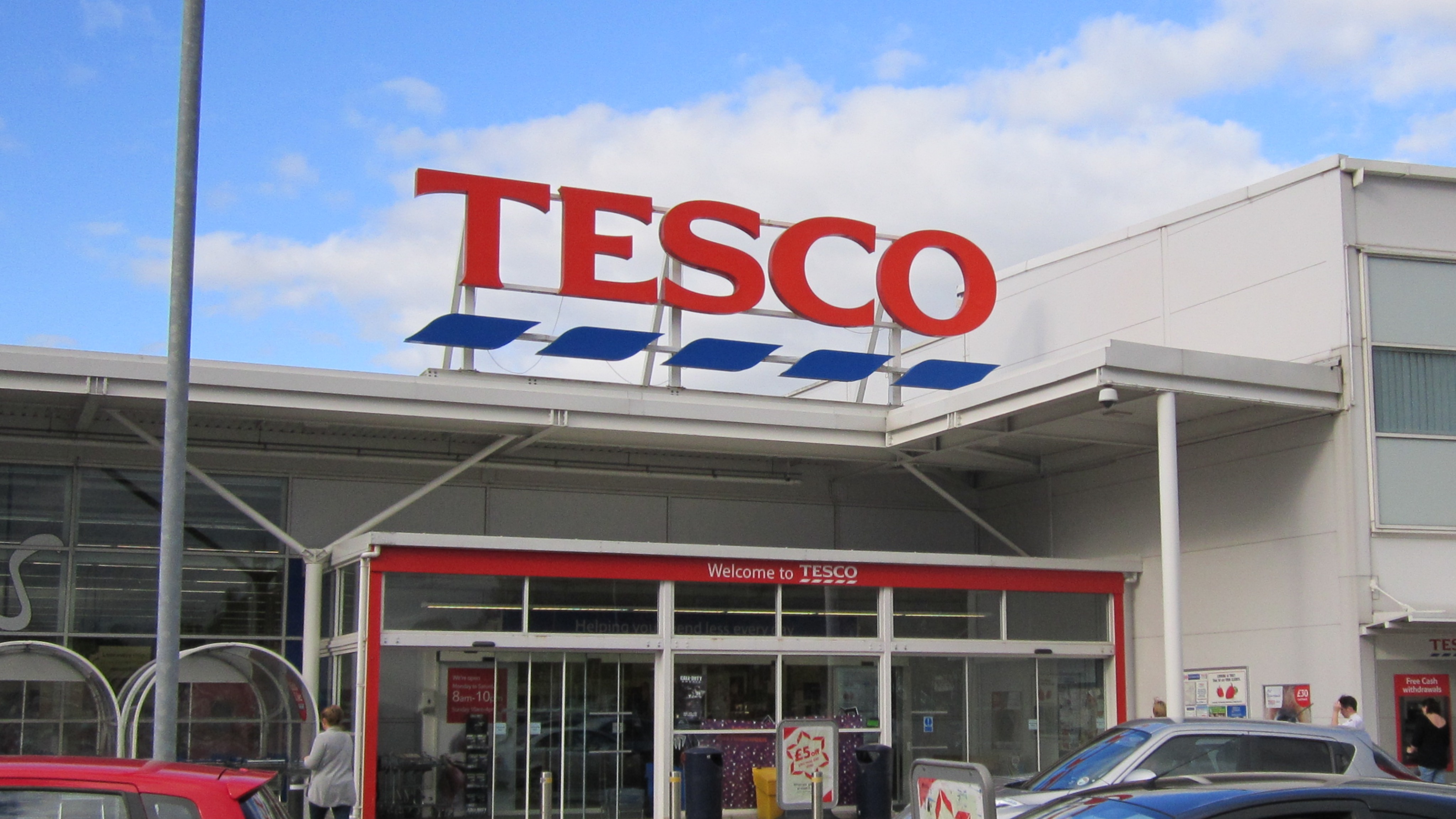Tesco and NatWest have partnered to provide a finance scheme for farmers who want to switch to sustainable farming methods.
The programme, which has been designed with input from farmers, will help around 1,500 farms with the costs of installing technology such as solar panels and heat pumps.
Farmers who are part of Tesco’s Sustainable Farming Groups for beef, lamb and dairy are able to access the scheme.
The financial support package has been arranged though Lombard, which is the UK’s largest asset funder and part of NatWest.
According to research by Tesco, more than half of farmers want to make changes but need help accessing finance to support them.
Sustainable farming often requires up-front investment in equipment which can create obstacles for farmers.
Should the scheme prove successful, Tesco said it could be rolled out to more farmers in the future.
The supermarket set up its first sustainable farming group in 2007 to support dairy farmers during periods of economic uncertainty. Since then, it has created a range of Sustainable Farming Groups including for cheese, milk, beef and lamb.
Ashwin Prasad, Tesco Group chief commercial officer, said the food industry has a role to play in maintaining food security as well as protecting the environment.
“We have long-term, trusted relationships with our farmers and suppliers and are proud supporters of British agriculture,” he added. “We know a lot of our farmers are looking at ways to reduce costs on farm and move to renewable sources of energy at the same time, which is why we’re delighted to be partnering with NatWest in offering our green finance initiative.
“The initiative will provide our farmers with the confidence to invest in sustainable farming methods and infrastructure, while also helping us meet our target of reaching net zero across our supply chain by 2050.”
Latest News
-
Tesco makes ‘significant strides’ on safety through body worn cameras
-
Flying Tiger Copenhagen appoints new group chief executive
-
Walgreens cuts over 600 jobs after buyout
-
Mango opens first store in Limerick as part of expansion plan
-
eBay and Etsy to buy Depop for $1.2bn
-
REWE opens automated fresh food facility to serve Berlin outlets
Beyond Channels: Redefining retail with Unified Commerce
This Retail Systems fireside chat with Nikki Baird, Vice President, Strategy & Product at Aptos will explore how unified commerce strategies enable retailers to tear down these barriers and unlock new levels of operational agility and customer satisfaction.
The future of self-checkout: Building a system that works for consumers and retailers
In this webinar, industry leaders discussed what the future of self-checkout looks like and how retailers can make the technology work for everyone.
© 2024 Perspective Publishing Privacy & Cookies









Recent Stories